Jewish Kochi (also known as Cochin) is a city in southwest India’s coastal Kerala state. It has been a port since 1341, when a flood carved out its harbor and opened it to Arab, Chinese and European merchants. Sites reflecting those influences include Fort Kochi, a settlement with tiled colonial bungalows and diverse houses of worship. Cantilevered Chinese fishing nets, typical of Kochi, have been in use for centuries.
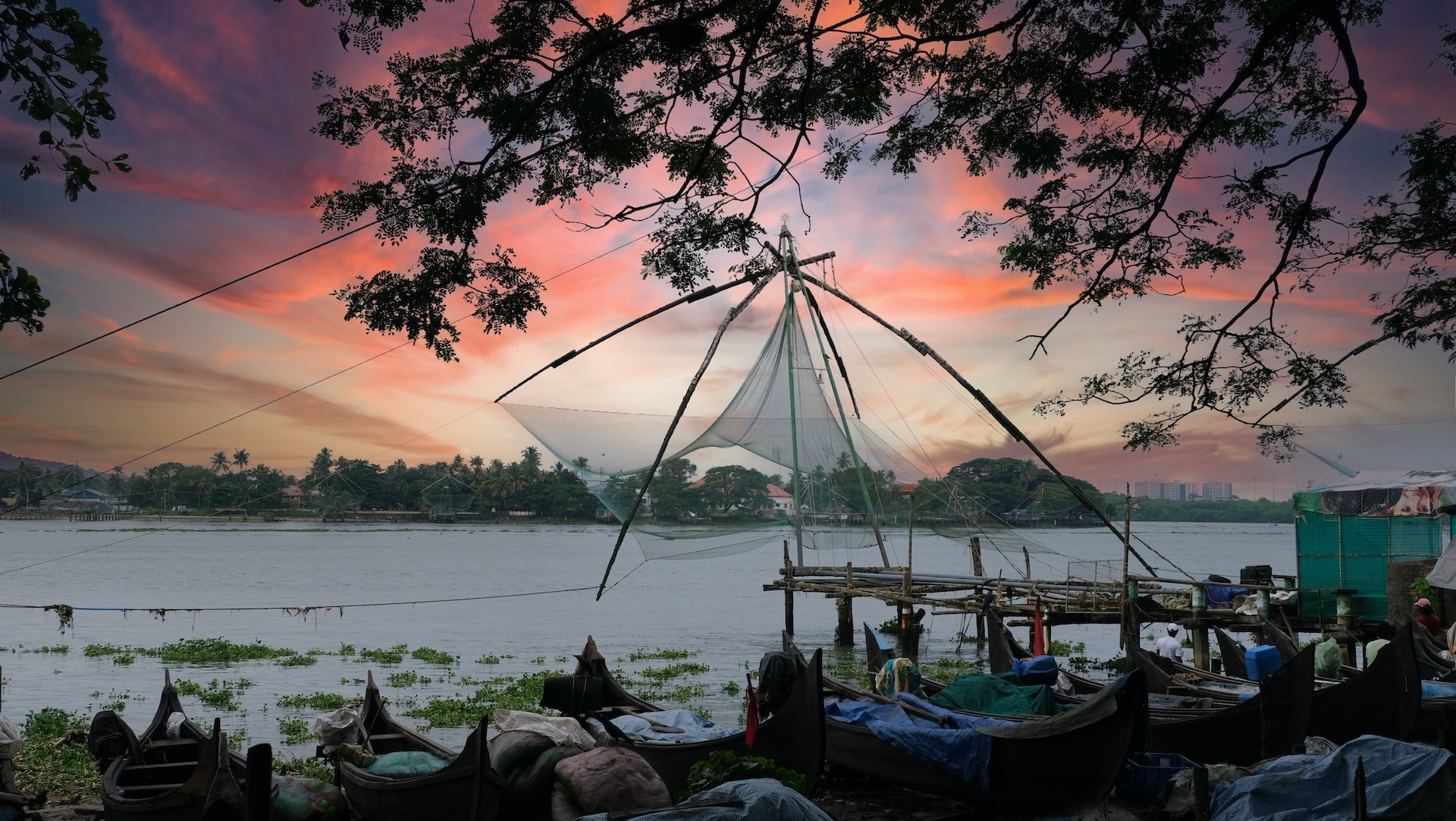
The Jews of Kochi are the oldest group of Jews in India, with roots that are claimed to date back to the time of King Solomon. The Kochi Jews settled in the Kingdom of Kochi in South India, now part of the state of Kerala. As early as the 12th century, mention is made of the Jews in southern India by Benjamin of Tudela. They are known to have developed Judeo-Malayalam, a dialect of Malayalam language.
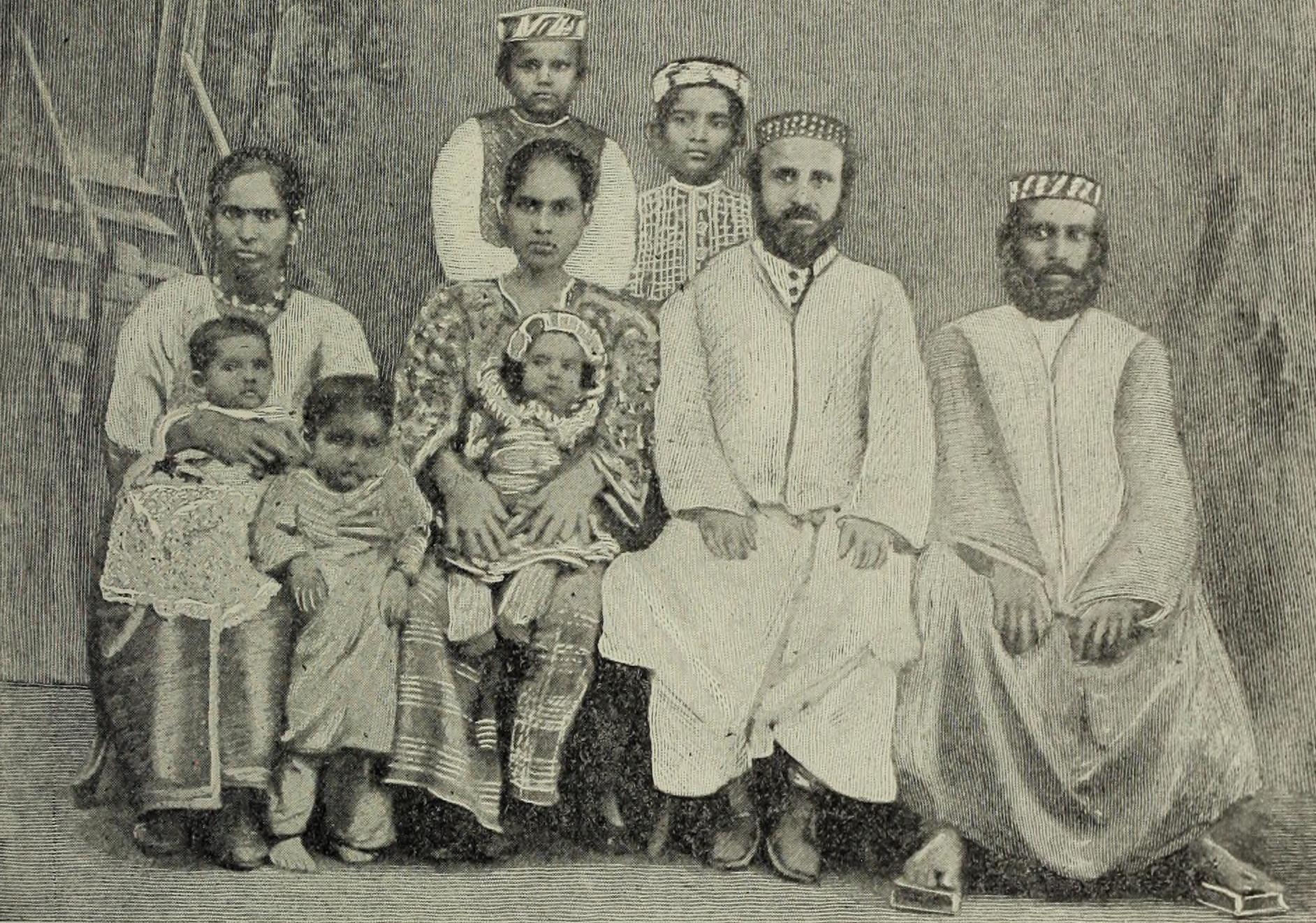
Following their expulsion from Iberia in 1492 by the Alhambra Decree, a few families of Sephardi Jews eventually made their way to Kochi in the 16th century. They became known as Paradesi Jews (or Foreign Jews). The European Jews maintained some trade connections to Europe, and their language skills were useful. Although the Sephardim spoke Ladino, in India they learned Judeo-Malayalam from the Malabar Jews. The two communities retained their ethnic and cultural distinctions. In the late 19th century, a few Arabic-speaking Jews, who became known as Baghdadi, also immigrated to southern India, and joined the Paradesi community.
After India gained its independence in 1947 and Israel was established as a nation, most of the Malabar Jews made Aliyah and emigrated from Kerala to Israel in the mid-1950s. In contrast, most of the Paradesi Jews (Sephardi in origin) preferred to migrate to Australia and other Commonwealth countries, similar to the choices made by Anglo-Indians.
Synagogues
Most of their synagogues still exist in Kerala, with a few being sold or adapted for other uses. Among the 8 synagogues that survived till the mid-20th century, only the Paradesi synagogue still has a regular congregation. Today it also attracts tourists as a historic site. A few synagogues are in ruins and one was even demolished and a two-storeyed house was built in its place. The Chendamangalam synagogue was reconstructed in 2006 as Kerala Jews LifeStyle Museum.
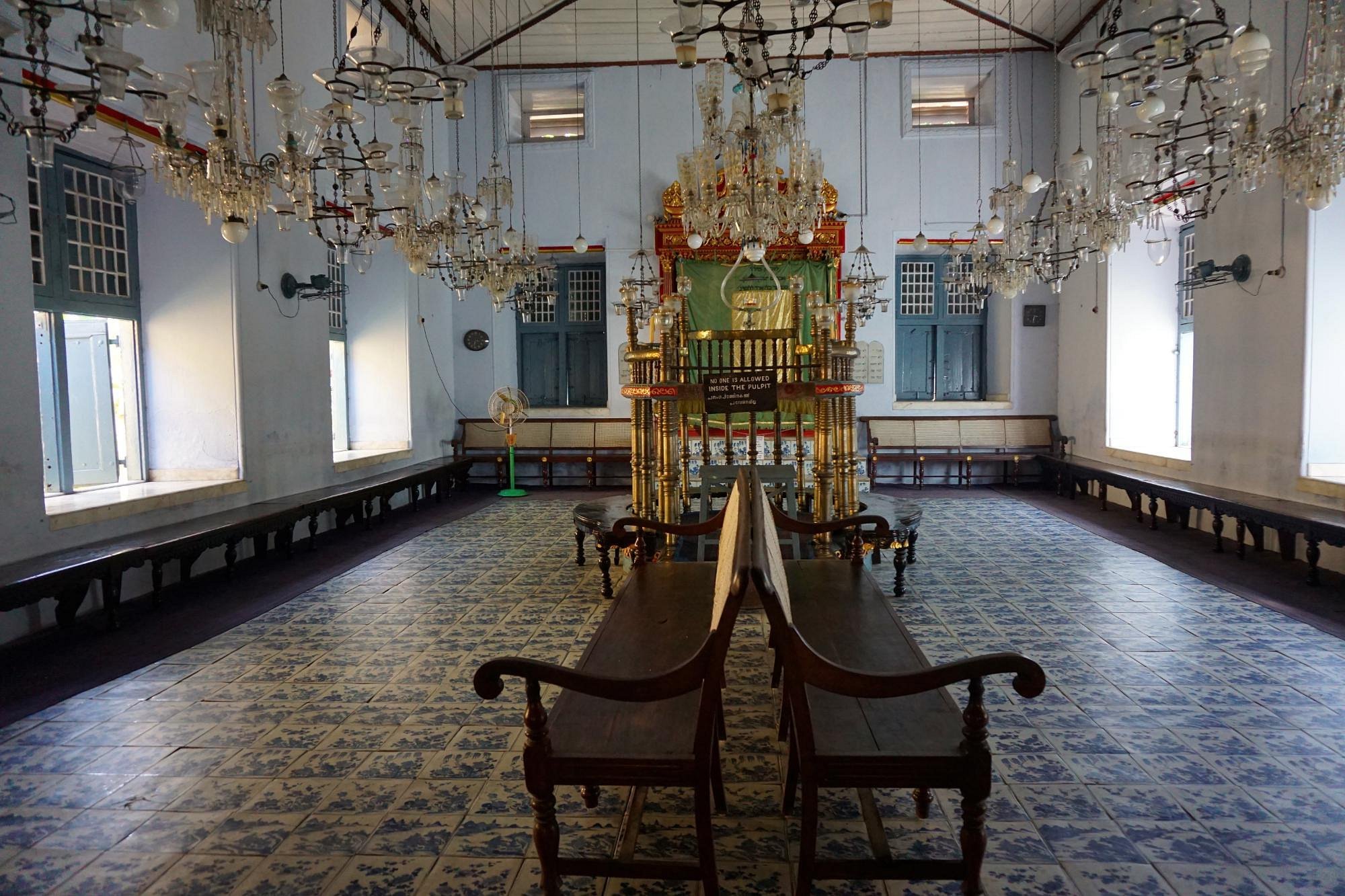
Jew Town
The historic Jew Town is the heart of the once-thriving Jewish community and a popular spot for tourists today. At the center of Jew Town is Synagogue Lane, where one can find antiques, carvings, and vintage items for sale, along with Keralan crafts and local spices. The neighborhood was once lined with Jewish homes and shops that are now mostly owned by Muslims.
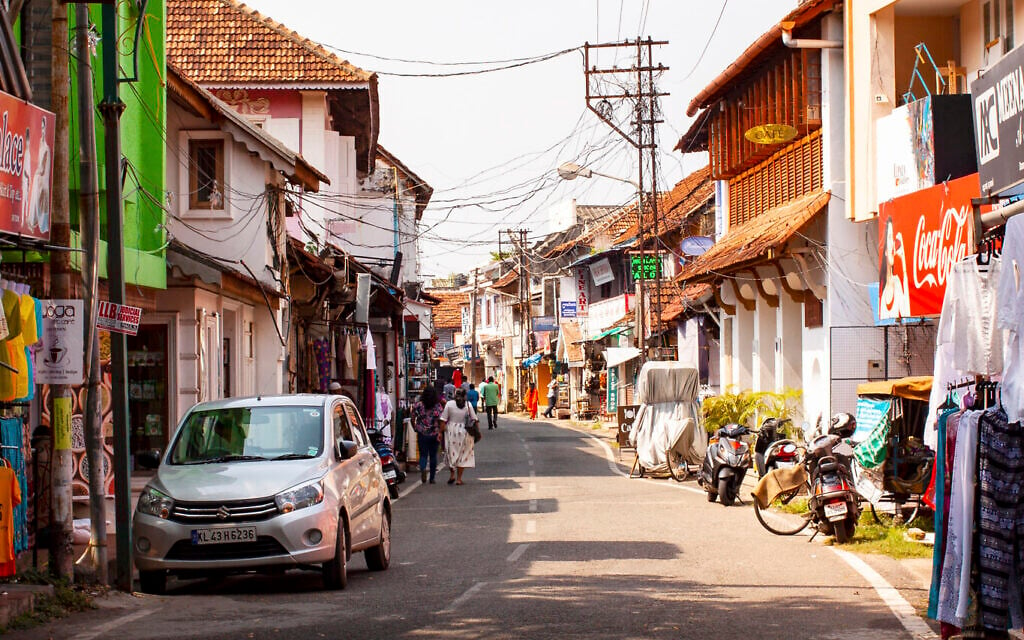
Notable Jewish Figures
Joseph Rabban, the first leader of the Jewish community of Kodungallur, was given copper plates of special grants from the Chera ruler Bhaskara Ravivarman II from Kerala
Sarah bat Israel, whose tombstone (d. 1249 A.D) is the oldest found in India and is currently located at the Chendamangalam Synagogue
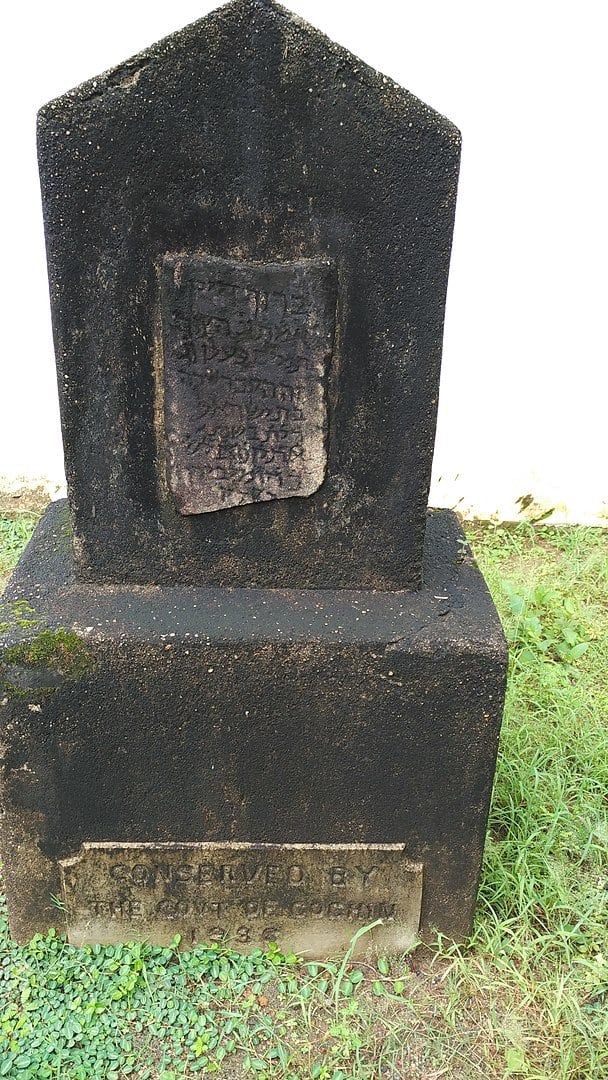
Eliyah ben Moses Adeni, a 17th century Hebrew poet from Kochi.
Nehemiah ben Abraham (d. 1615 A.D), (Nehemiah Mutha), patron saint of Malabar Jews
Abraham Barak Salem (1882–1967), Kochi Jewish Indian nationalist leader
Benjamin Meyuhasheem, the last Kochi Jew in Seremban, Malaysia
Meydad Eliyahu, Israeli artist

